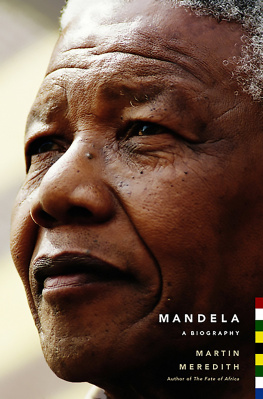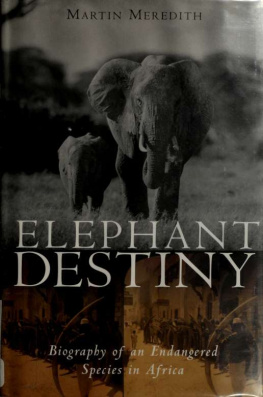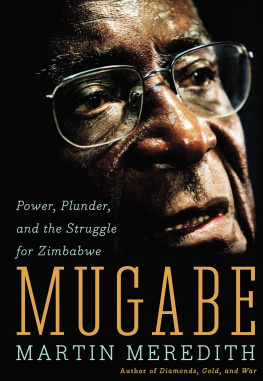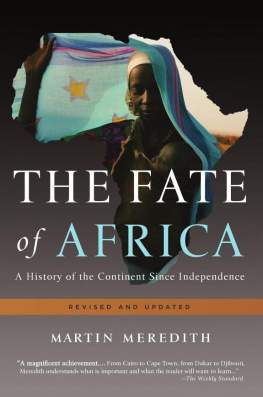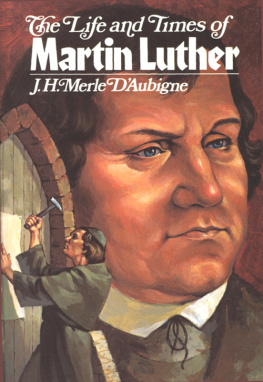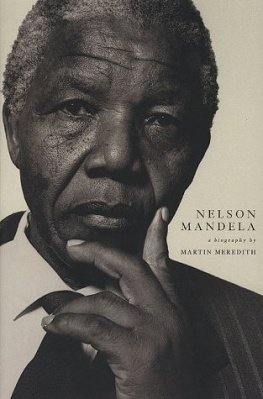/
Authors Note
T his account of the life and times of three generations of the Reitz family spans a period of high drama in southern Africa. In the first half of the nineteenth century, southern Africa was viewed as a worthless jumble of British colonies, Boer republics and African chiefdoms, a troublesome region of little interest to the outside world. But two events in the second half of the nineteenth century transformed its fortunes.
In 1871, prospectors exploring a remote area of sun-scorched scrubland in Griqualand, just outside the borders of Britains Cape Colony, discovered the worlds richest deposits of diamonds. Britain promptly snatched the territory from the Boer republic of the Orange Free State.
Fifteen years later, prospectors stumbled across the worlds richest deposits of gold in the neighbouring Boer republic of the Transvaal, or the Zuid-Afrikaansche Republiek, as it was called. The gold strike made the Transvaal the richest state in southern Africa, powerful enough to challenge British hegemony in the region.
What followed was a titanic struggle fought by the Boers to preserve the independence of their republics and by the British to enforce their supremacy throughout southern Africa. The British called it the Boer War. The Boers called it Englands War. Britain, at the height of its imperial power, provoked the war, expecting it to be over within a few months. But it turned into a gruelling campaign lasting two and a half years.
Faced with guerrilla warfare for which they were ill-prepared, British military commanders devised a scorched-earth policy designed to erase all possible resistance, razing villages to the ground, destroying farmsteads, slaughtering livestock and incarcerating much of the civilian population mainly women and children in what the British called concentration camps where thousands died from disease and malnutrition.
All this produced a legacy of hatred and bitterness that endured for generations. The war also left Afrikanerdom and the Reitz family itself deeply divided over how to confront the reality of Britains imperial power.
The story of the Reitz family passes like a thread through these turbulent times. Three individuals stand out:
Francis William Reitz (18101881) was the son of a Dutch naval officer who settled in Cape Town in 1794 and married into the Capes Afrikaner aristocracy. After studying animal husbandry and veterinary science in Edinburgh, he became a prominent landowner, horse breeder and agricultural innovator. His estates in the Swellendam district, 240 kilometres east of Cape Town, drew visitors from far and wide British governors, foreign dignitaries, colonial officials and Cape stockbreeders. He also wrote articles in the Cape press, stressing the importance of agricultural reform. In 1854, he became a member of the Capes first parliament.
Frank Reitz (18441934) grew up on the main family farm at Rhenoster Fontein, enjoying a carefree childhood there. He studied law at the Inner Temple in London and was called to the Bar in 1867. On his return to the Cape Colony, he found it difficult to earn a living as a lawyer, so tried his luck at diamond diggings on the Vaal River, but met little success.
At the age of 29, he was appointed chief justice of the Orange Free State, serving from 1876 to 1889. He was then elected president. A writer and poet, with a love of Scottish poetry, he used his years of high office to propel the Free State into the modern world, introducing a wide range of legal and administrative reforms. In the 1890s, under his auspices, the Free State was regarded as a model republic.
Suffering from ill health, he resigned as president in 1895, but in 1898 he was recruited by President Paul Kruger to serve as the Transvaals state secretary, with the aim of bringing a more modern approach to government business in Pretoria.
Frank Reitz was as committed to protecting republican independence as Kruger. As the drumbeat of war grew louder, it was Reitz who presented Britain with the ultimatum that led to the outbreak of war in October 1899.
After the fall of Pretoria in 1900, when Kruger departed for exile in Europe, Reitz was left in charge of the Boer republics administration, relocating the seat of government 62 times, as British commanders tried to hunt him down. Although he signed the 1902 peace agreement in his official capacity as state secretary of the Transvaal, he refused to accept its terms as a private individual and went into exile.
Deneys Reitz (18821944) was born in Bloemfontein, the Free State capital, when it was little more than a village. When his father became president, the Reitz family went to live in the Presidency. During his youth, Deneys often accompanied his father on horseback on tours of rural districts. After completing his secondary education at Grey College in Bloemfontein, he moved to Pretoria in 1899 and enrolled at the Staatsgymnasium to study engineering.
A few weeks later, when war broke out, Deneys Reitz, at the age of 17, enlisted as an ordinary burgher in a Pretoria commando. He saw action at the siege of Ladysmith and the battles of Spioenkop and Nooitgedacht; witnessed the scorched-earth tactics employed by British commanders; participated in General Smutss invasion of the Cape Colony; and accompanied Smuts to the peace talks at Vereeniging in 1902. His account of his war experiences, published in 1929 as Commando : A Boer Journal of the Boer War , was acclaimed as an outstanding narrative of insurgent warfare.
The writing of this book came about as the result of a chance conversation with a friend, Sally Carney, on the slopes of Table Mountain in Cape Town in December 2014. While we were wandering around the botanical gardens at Kirstenbosch one morning, she mentioned that a research project about the life of Deneys Reitz had stalled and was in need of assistance.
The project had been initiated in the 1990s by Marius van Blerck, a tax expert and author. A Reitz enthusiast, he had been instrumental in persuading the mining magnate Harry Oppenheimer to acquire for the Brenthurst Library in Johannesburg a complete collection of the original journals that Deneys Reitz had written in Dutch in 1903 about his experiences in the Anglo-Boer War. Deneys Reitz had used the journals, Herinneringen van den Engelschen Oorlog , to form the basis of Commando .
Marius van Blerck had then suggested to Harry Oppenheimer that he should commission Michael Reitz, a grandson of Deneys Reitz, to undertake a translation of Herinneringen into English. He also began to assemble an extensive database on Deneys Reitz, intending to write a biography of him. Michael Reitz had duly completed his translation, but Marius van Blercks work had been cut short by ill health.
When I delved into the familys history, it became evident that there was scope to present a more wide-ranging portrait of an aristocratic Afrikaner family caught up in the tide and turmoil of war. In a previous book, Diamonds, Gold and War (also published by Jonathan Ball), I wrote about the decades leading up to the founding of the modern state of South Africa; some events and certain brief passages have been reproduced here. What the Reitz story offers is a compelling Afrikaner perspective on the course of this saga.


 t
t
